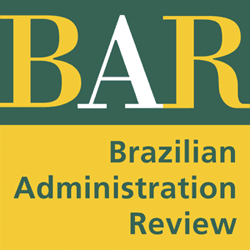The religious origin of organizational behavior is not easy to recognize, nor are the implications of the Christian heritage of concepts and ideas as applied to organizations. This paper seeks to remedy this by investigating the theological roots of the mission concept. Our central argument is that corporate mission statements are sometimes used as manipulative communicative tools which seek organizational legitimacy through the rhetorical inclusion of secularized Christian values. We find in Koselleck's (1985) Conceptual History theoretical arguments by which to evaluate the bridge between theological and corporate concepts of mission. Then, we discuss mission as a theological concept, showing how it developed in modern societies and how its discursive use in business can be evaluated. With an analysis based on Habermas' (1985) work, we conclude that, as a communicative tool, a corporate mission statement helps organizations manipulate meanings about their purposes and legitimacy in Christianity-based societies. This process reveals how the mission concept contributes to increase organizational sacralization and represents a powerful tool for improving a corporation's social image and as a consequence may induce social consent.
corporate mission statement; organizational sacralization; corporate image; discursive use of corporate mission
